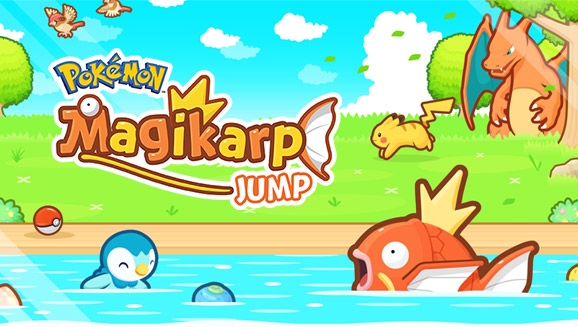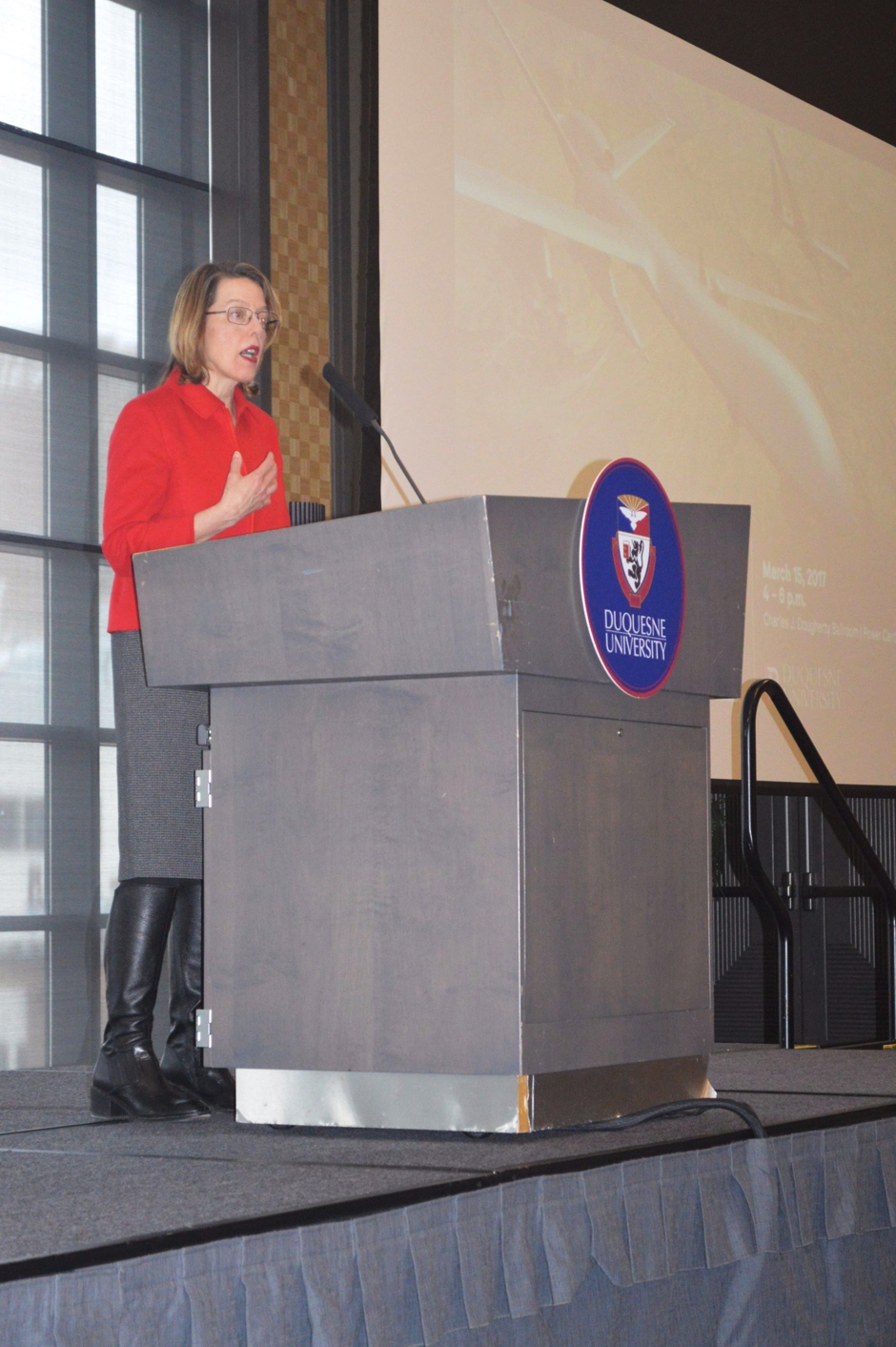

Zach Landau | A&E Editor
The gender revolution is underway in the world of video games, and an unexpected leader is quietly forging the path for trans inclusivity.
And who is this vanguard of radical feminist ideology in an industry infamous to anyone not conforming to a strict gender binary? Why, it’s the House of Mario itself: Nintendo.
With the release of Magikarp Jump (which Nintendo technically had nothing to do with, but let’s face it: The Pokémon franchise is as synonymous with the company as Mario), players step into the shoes of an androgynous kid — clothed in a baggy hoodie and tasteful hairclip— totally obsessed with pathetic fish. Considering how non-binary, agender and androgynous peoples are still not widely recognized, having a character to represent them is a welcomed change.
However, this is all weird to say. Very weird. Nintendo’s history with gender politics can at best be described as sordid, but even that may be too charitable. As a company that sees itself as, first and foremost, a toy manufacturer, Nintendo seems wholly uncaring about any political discussion outside of strictly business decisions. This apathy has landed them in hot water many times before, with each misstep met with a promise to do better next time.
And the next time. And the next time.
This is also the company that, as recently as this year, included a bizarre and offensive trans joke in one of its flagship titles. In The Legend of Zelda: Breath of the Wild, one of the main missions players can undertake requires an awkward conversation with a trans woman, ending with a gust of wind blowing her veil off her face to reveal her beard to a shocked and horrified Link.
However, the company, whether deliberately or by accident, has taken steps to become more inclusive. Many of its games are backing away from using pronouns or even asking for players’ genders. The famous “Are you a boy? Or a girl?” line from its Pokémon series was absent from its latest main entries. Instead, Sun and Moon opt to ask the player which picture they would like for their passport. Other Pokémon spin-off titles, like Pokémon GO, avoid gendered language altogether, offering body types or an androgynous look instead.
Even the company’s take on the third-person shooter, Splatoon, allows for genderfluid people to easily switch between their representation whenever they want. The aforementioned Zelda also allows the player to play Link as a trans woman by offering special clothing for the character to wear (the trans NPC herself is also defended by the women from a local town who kindly, but assertively, correct people for not using her preferred pronouns).
These are great changes, and better yet, they were probably easy to pull off. Nintendo’s streak of inclusivity is seemingly effortless, which flies in the face of what most people assume about inclusivity.
Whenever the discussion of gender politics comes up surrounding video games, there are troves of troglodytes, mostly cis men, who whine and moan about “keeping politics out of my games.”
Putting aside the intellectual cowardice on display here, these whinging worm-people fail to recognize that politics have always been a part of games, and for trans gamers, the gender of their player character is always going to be a political choice.
If you live in a world where a good day is someone on the streets not calling you a “tr*nny” (and a bad day would be you being killed by some bigot), then having a space where you can freely express yourself without fear of any repercussions is a wonderful gift. It is a great thing to advocate and something I think that anyone with a heart can support.
Which is where the worm people come in. For one reason or another, these paragons of totally rational thinking believe that asking for more inclusivity is an insurmountable burden to put on game developers, or that it doesn’t matter at all and the sheer act of asking for a game where one doesn’t feel personally attacked is being entitled.
Thankfully, Nintendo has been proving them wrong for years now. It has shown time and time again that there are tons of little changes that games can make to be trans inclusive. Whether offering body types, gender and clothing options or specifically not using gendered language, the company offers simple changes that developers are capable of doing without much effort that open games up to a wider audience without imposing on those who don’t care about these changes.
Not only that, but adding more gender options — or at least considering gender as a concept —helps improve storytelling in games, as well. Thinking about how gender is portrayed and how players interact with characters based on their representation provides another context for a narrative to explore.
For example, Breath of the Wild does make good use of the titular princess’s gender. Zelda, being the latest woman in the royal lineage, is granted divine powers as a birthright, and her struggle to unlock these powers without the aid of her mother represents one of — if not the — core struggles of the character. While she would rather run around the fields of Hyrule documenting the flora and fauna she finds, Zelda is forced to undertake the massive task of gaining the power to seal away the evil incarnate and fulfill her feminine birthright.
That’s a fantastic take on the character. The Breath of the Wild Zelda is the most compelling depiction of the princess in the entire 30-year history of the franchise because of the critical approach the developers took to her and her gender. By exploring a problem — albeit a fantastical one — that only women in the Zelda universe would experience, players got to see a more nuanced and complicated side to a character that was losing a lot of interest over the years.
Nintendo has been silently tinkering away at making these improvements for a couple years now, and it’s time to actually acknowledge that progress. The company hasn’t made a big deal about it, the bizarre man-children haven’t raised a fuss over it and the people who do care have noticed. Everybody wins, which is a great thing, and while there is room for improvement (a lot of room), I think this represents a great start for opening the door for gamers of all stripes a little more.




